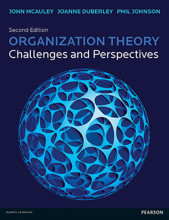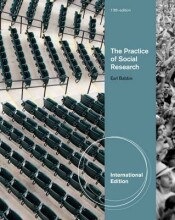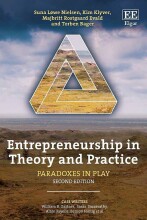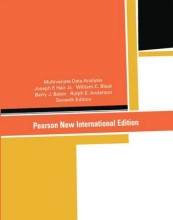Summary: Smart Industry
- This + 400k other summaries
- A unique study and practice tool
- Never study anything twice again
- Get the grades you hope for
- 100% sure, 100% understanding
Read the summary and the most important questions on Smart Industry
-
1 College 1
-
Inquiring systems make organizations smart in different ways. What are the 5 inquiring systems?
- Empirical/lockean
- rationalist/leibnizian
- kantian
- hegelian
- singerian/pragmatic
- Empirical/lockean
-
What is meant with the Emprical/lockean inquiring system? And name an example
Meaningful representations of reality (Facts) and inductive understanding based on facts
Example: Databases, accounting systems; census statistics -
What are the key beliefs of the empirical/lockean inquiring system?
Consensus about facts and fact as value. If you do not know the fact, you can not act in a smart way- Different types of data: Constativa; regulativa; expressiva
- High data integrity and authenticity needed
-
What is meant with leibnizian/rationalist knowledge? And name examples
Rationalist knowledge: predictions, explanations, reasoning models and optimization by logic.
Example: Recommender systems and decision support systems. -
What are the key beliefs of leibnizian/rationalist knowledge?
If we have the best model, the one best solution can be found (Avoid GIGA (Garbage-in Garbage-out))
Learn to improve your model: Machine learning -
1.1 paper 1.1
This is a preview. There are 5 more flashcards available for chapter 1.1
Show more cards here -
Describe a Management information system (MIS)
A MIS consists of at least one person of a certain psychological type who faces a problem within some organizational context for which evidence is needed to arrive at a solution and that the evidence is made available through some Model of presentation. -
How does the Lockean (Empirical) IS creates "evidence"?
Lockean is all about facts. You start with a set ofraw data orobservations . And based on thatdata you can agree on what facts are.
Examples are Databanks, accounting and statistics. -
How does Leibnitzian (Rational) IS creates "Evidence"?
Leibnitzian is about if we have the best model, we also will find the best answer. -
How does Kantian (Collective knowledge) IS creates "Evidence"?
From intuition to explicit knowledge. Organizational /Enterprise smart -
How does Hegelian (Normative) IS creates "Evidence"?
With two conflicting theories.
- Higher grades + faster learning
- Never study anything twice
- 100% sure, 100% understanding
































